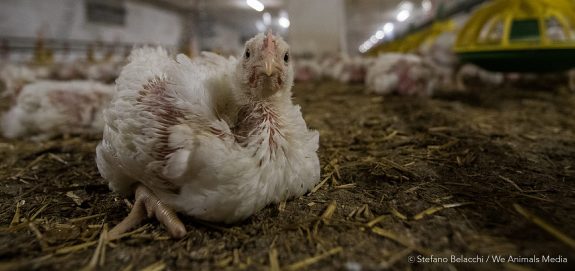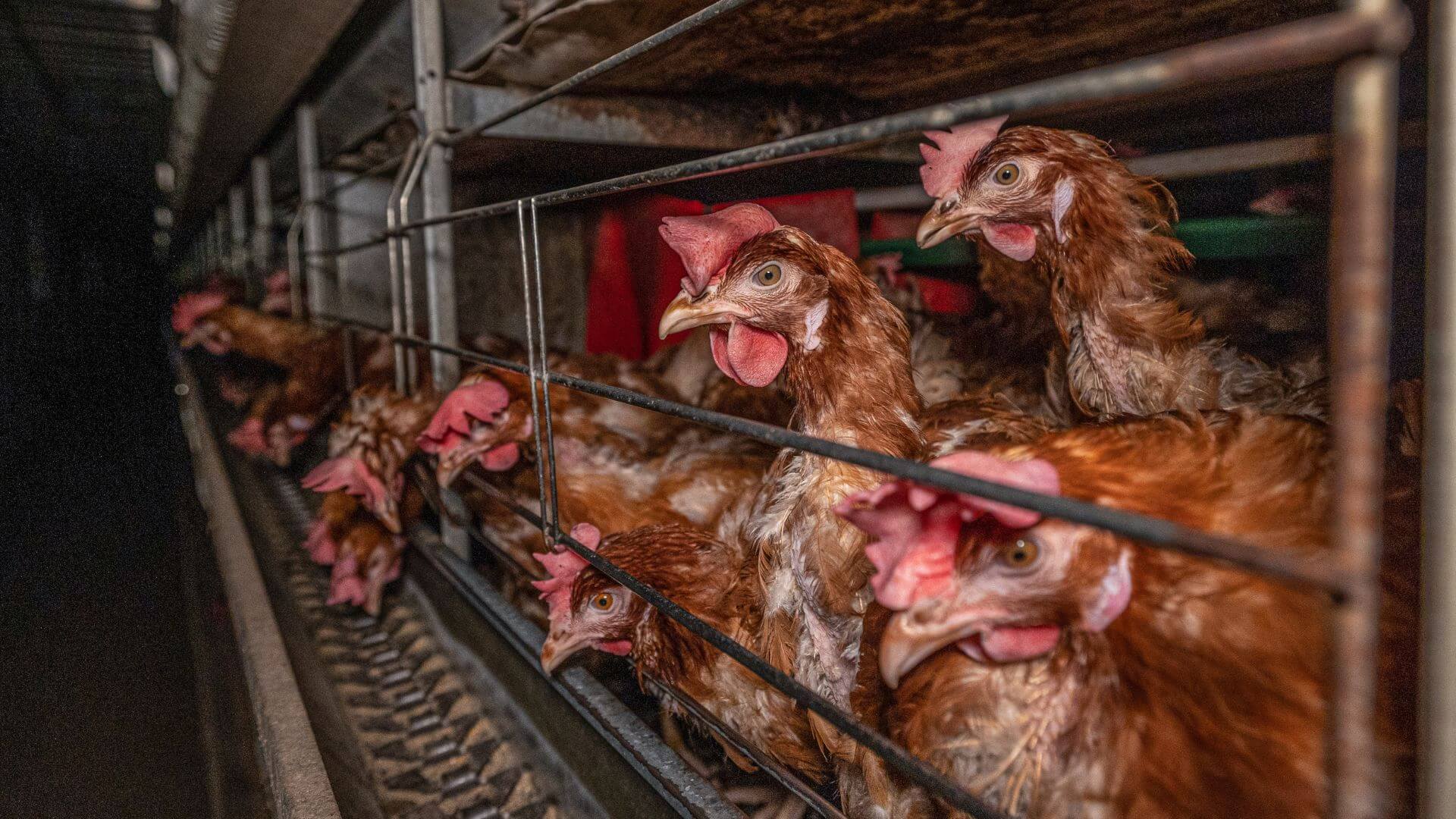Parliament is considering a troubling federal ag gag law, yet animal protection organizations like Animal Justice have been blocked from testifying about how the proposed law would harm animals and unfairly punish people who speak out against routine abuse on Canadian farms.
The House of Commons Standing Committee on Agriculture is studying Bill C-205, An Act to Amend the Health of Animals Act (“Bill C-205”)—a Private Member’s Bill introduced by Conservative MP John Barlow. This agricultural gag, or “ag gag”, law targets animal protection advocates under the guise of biosecurity. The Bill would make it an offence to enter a farm building “without lawful authority” if doing so could expose animals to disease. It would introduce draconian fines of up to $250,000 for individuals and $500,000 for organizations, or even up to two years in jail. Meanwhile, farm owners or operators who cause actual disease outbreaks would be untouchable.
In effect, Bill C-205 is an anti-trespassing bill. But trespassing is already illegal in Canada. In the rare instances where people have trespassed on farms to expose horrific conditions, they have generally been charged under existing provincial anti-trespass laws.
MP Barlow claims that the purpose of Bill C-205 is “protecting the biosecurity of animals and workers” and protecting the “integrity of Canada’s supply chain”. But a new report by Animal Justice, based on government data, shows that all known reportable disease incidents on Canadian farms have been caused by farm owners and operators themselves, and none have been caused by animal protection advocates or trespassers. Yet farm owners and operators would be exempt from Bill C-205, proving that the Bill is nothing more than a targeted attack on animal advocates.
In his presentation to the Committee on Bill C-205, Canada’s Chief Veterinary Officer was asked about whether imposing heightened fines on animal protection activists would reduce biosecurity risks. Dr. Komal responded as follows:
“Is there a level of risk? We think the level of risk that will be induced by trespassers would be very minimal, because in order to have ea risk from a disease perspective, you have to have continuous and prolonged contact with the animals, as that’s how diseases are spread. African swine fever is one of them, which is a very slow disease that actually is transmitted between pigs, unless humans are within the farm, in the pig barn with the pigs for a longer period of time and then transmitting the virus.”
Animal Justice is one of dozens of concerned animal protection groups and individuals that submitted written briefs to the Committee expressing opposition to Bill C-205. We repeatedly requested to testify, and explained why the bill is both misguided and dangerous. Yet the Committee has refused to hear from Animal Justice or any other animal protection group. Instead, it has heard predominantly from agricultural industry representatives. What some of these representatives have said has been shocking. They have referred to animal rights groups as “terrorist groups” and falsely claimed that many provinces lack trespassing laws.
It is unacceptable and undemocratic that the voices of animal advocates have been shut out of this important federal debate. Disease risks on Canadian farms are a serious issue that requires urgent, science-based action. Polarizing rhetoric and misleading statements about disease risks are a dangerous distraction. Instead, the federal government should focus on regulating and overseeing conditions on farms, to prevent the emergence and spread of disease, as well as preventing some of the worst forms of animal suffering.
Join the Animal Justice mailing list




